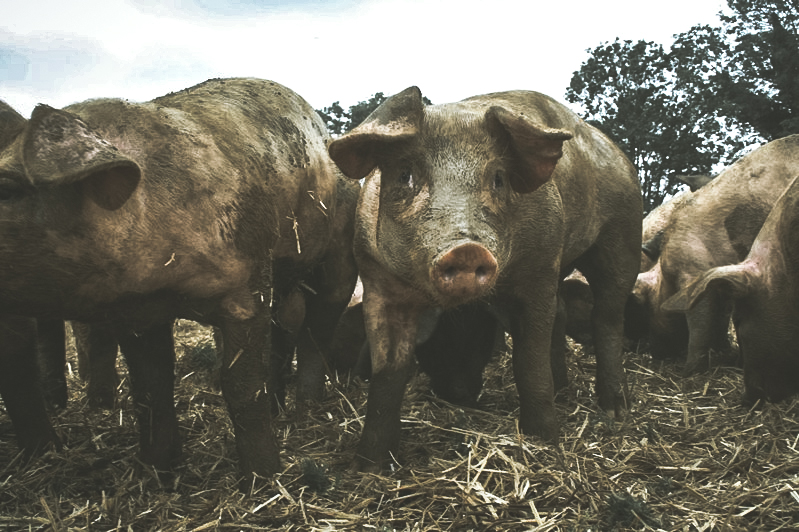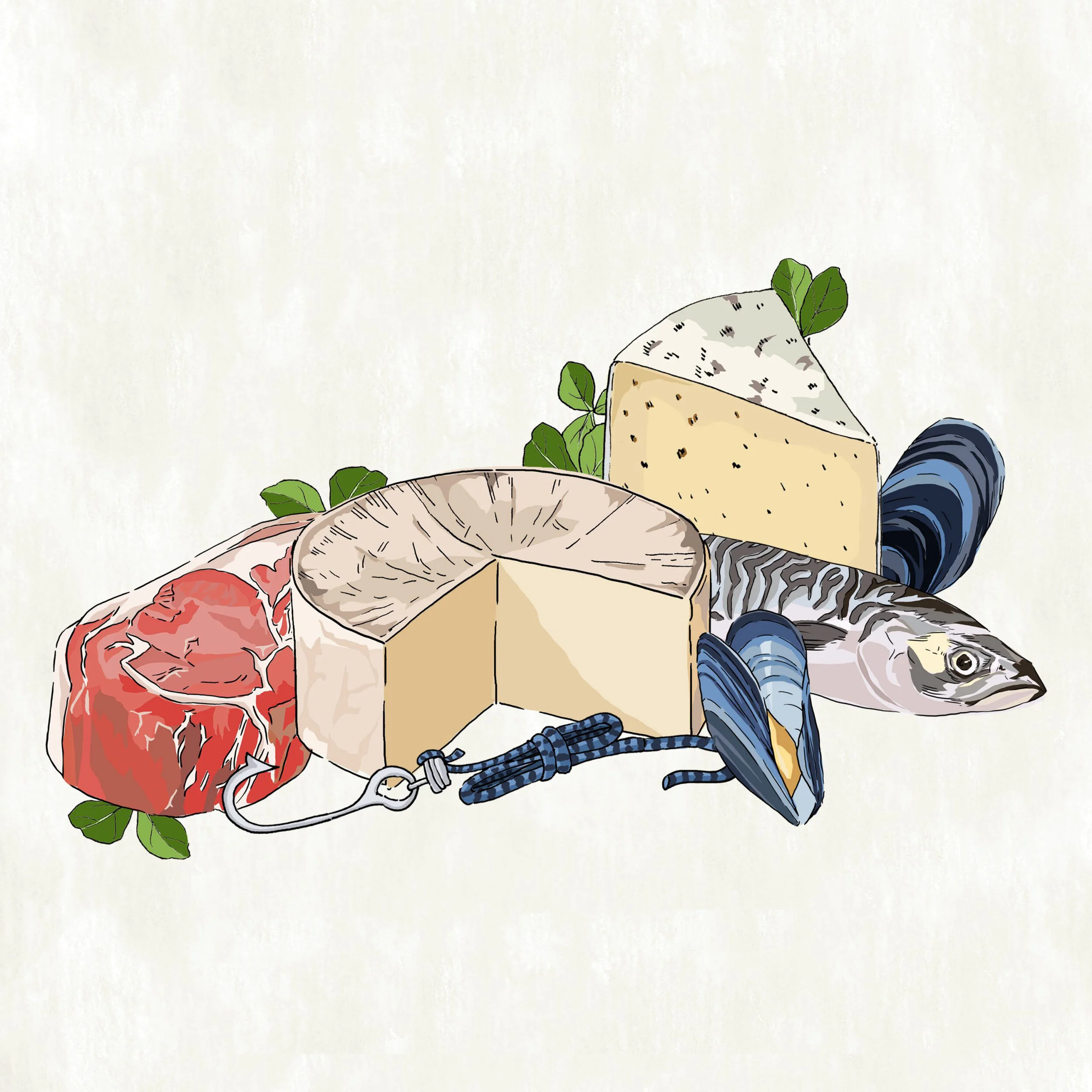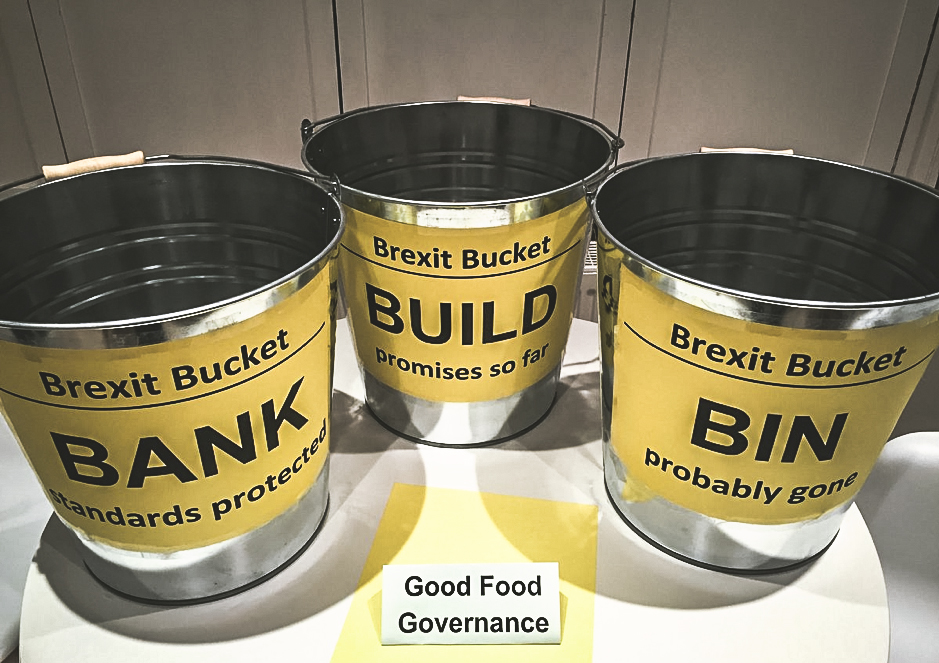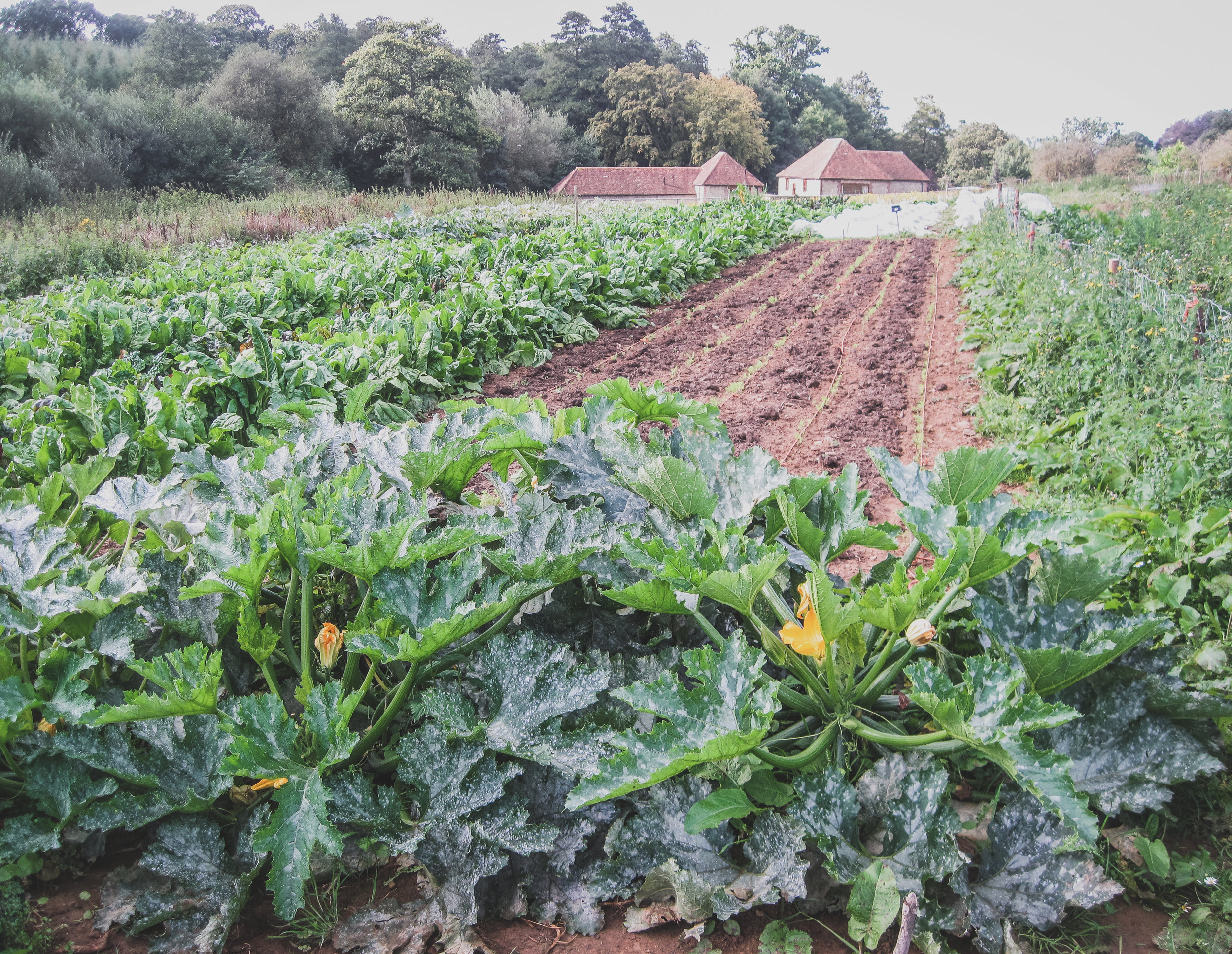By Suzi Shingler, Campaign Manager for the Alliance to Save our Antibiotics
In 2009 Compassion in World Farming, the Soil Association and Sustain joined forces to form the Alliance to Save our Antibiotics with the goal of curbing the overuse of antibiotics within the farming industry in the UK and EU. The Alliance now comprises over 60 members representing over 500 EU-wide organisations. It is the only organisation in the UK that acts entirely independently of industry or government, to contribute to actively finding solutions to the misuse of antibiotics in agriculture.
The Alliance has gone from strength to strength in recent years and has been instrumental in working with farming groups and policymakers, and happily reports that use of antibiotics on UK farms is starting to go down. For many years the general consensus was that the medication used on farms had no correlation to the increasing numbers of people finding that antibiotics were losing their power to treat illness in humans. Times have changed, and we know that we can’t be complacent about what we medicate our livestock with and how often we do it. Antibiotic use in farming does contribute to antimicrobial resistance in humans, and this is now globally accepted. How we tackle it is another matter, and is where the expertise of the Alliance comes in.
The Alliance has been looking with increasing focus on how we can achieve long-term reductions in antibiotic use at a level which poses no threat to human health. In November 2017 we published a seminal new report which argues that part of the reason our antibiotic use remains too high is that we are still relying on intensive farming methods to raise animals for food. Increasingly evidence is showing that farming systems that prioritise an animal’s health, its robustness and ability to express natural behaviours, lend themselves to a lower incidence of antibiotic use. On the contrary, where a farming system focuses primarily on yield and productivity, putting animals in environments which are stressful socially and physically, impairs immunity and by their crowded nature, these environments are more likely to lead to higher use of antibiotics. There is an argument that the system is only as good as the person running it, but we cannot ignore the signs pointing us in the direction of a different farming culture which would be more sympathetic to animals and put a much lesser burden on our increasing levels of antibiotic resistance.
This same report also looked at what supermarkets in the UK are doing to reduce the amounts of antibiotics used in their supply chains. After ranking the publicly available antibiotics policies of the UK’s largest supermarkets, we were delighted when three supermarkets published data about the levels of antibiotics used in their supply chains. This was met with significant media interest and was shortly followed by the breaking news that supermarket chicken has higher-than-ever levels of a resistant bacteria which is becoming increasingly difficult to treat when the infection becomes severe.
Looking ahead, a key priority is campaigning to ensure that when the UK leaves the EU, we do so with the best legislation and trade deals regarding levels of antibiotics used both in the meat we produce and that we import. The heat is on internationally for every country to reduce their use as much as possible, and we remain resolute that welfare must be at the heart of how this is achieved. Thanks to the support from the A Team Foundation, we are making headway on this critical issue at the most crucial and unprecedented time in the history of modern UK law-making.

























































